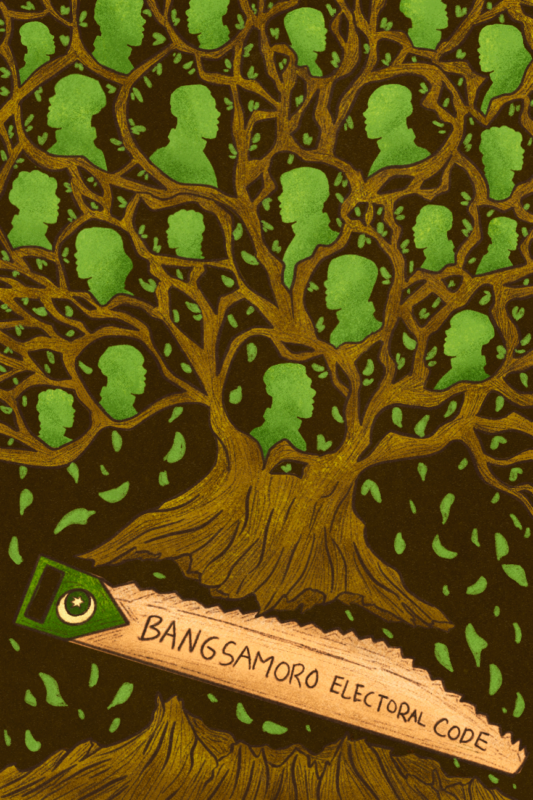IT’S NO secret that in the past years, mental health has been at the forefront of discussions on wellbeing. As more people begin to realize the need to advocate for mental health, attention should also turn towards the lack of access to mental healthcare and to factors that can aggravate one’s mental state. Mental health conditions are not a personal failing, and their prevalence can also be addressed by challenging systematic problems within the mental health care sector and in Philippine society.
Though the Mental Health Act was signed in June 2018 to increase access to mental health services and education, there have been criticisms about its uneven, lagging implementation across local government units. As it stands, the law still has a lot of ground to cover.
In the Philippines, a country with more than 100 million citizens, there are only around 600 psychiatrists, professionals that are licensed to prescribe medication for people with mental health conditions. There are only two tertiary care hospitals in the country that exclusively cater to mental health concerns. And to make matters worse, services like therapy are often out of reach for Filipinos with low incomes, with consultations with psychologists priced as high as Php 2,000 in many private hospitals and clinics. Though the government-run National Center for Mental Health also offers consultations with psychologists, these still come at the price of Php 400.
All these conditions are exacerbated by persistent problems in society. An article entitled “Mental health, poverty and development” published in the Journal of Public Mental Health summarized a number of studies that proved that poverty is correlated to higher risks for mental health conditions. Advocacy groups like the Canadian Mental Health Association also assert that the loss of income, education, and housing can further worsen one’s mental health.
If we are to address threats to mental wellbeing, we need to build a better world. As we support mental healthcare and its practitioners, let us not forget that systematic inequality hinders access to these services and weighs heavily on a person’s mental state.
For now, we can continue to push for better implementation of the Mental Health Care Act, advocate for awareness about the cause, and assist disadvantaged communities through volunteer efforts, donations, and avenues within our own careers.
Uplifting mental healthcare is still a matter of eliminating the stigma against it, which remains prevalent in the country to this day. However, we must also call the government to improve its healthcare systems and address the needs of the marginalized. As long as those in power fail to prioritize and act upon issues like inequality and the lack of access to mental healthcare, vulnerable persons will continue to suffer the consequences. We must demand that these circumstances change and work towards changing them ourselves. After all, access to both mental and physical healthcare is a human right.







